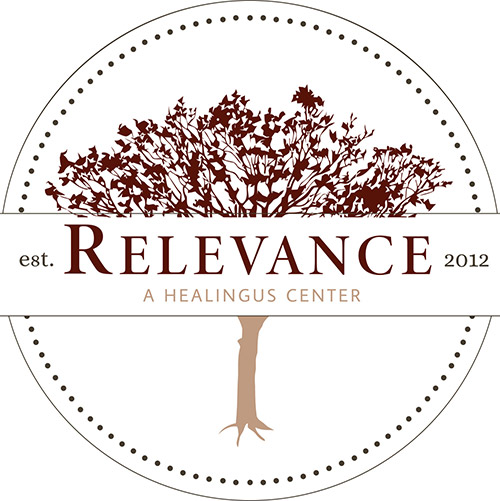Coping with Drug Dreams

Early recovery comes with a lot of physical baggage that results from years of abusing substances. Even after being successfully detoxed at a medical facility, many times the patient suffers from various withdrawal symptoms known as post-acute withdrawal symptoms, or PAWS, for weeks or even months following. Drug dreams are no different. While not necessarily a […]
Language That Empowers
In today’s treatment programs, how often do we talk with addicts about what they want to gain in their lives, rather than what they must give up? Most group sessions focus on “abstinence” and the necessary “avoidance” of people, places, and things. Of course, these conversations are extremely important but talking about what sobriety can […]
Becoming A People Person
By nature, human being are social creatures. Simply put, we need other people. If we are addicted to drugs, there is a very good chance that we surround ourselves with negative people. These are people who will negatively influence us. This can pose a significant problem when we make the decision to stop using and […]
